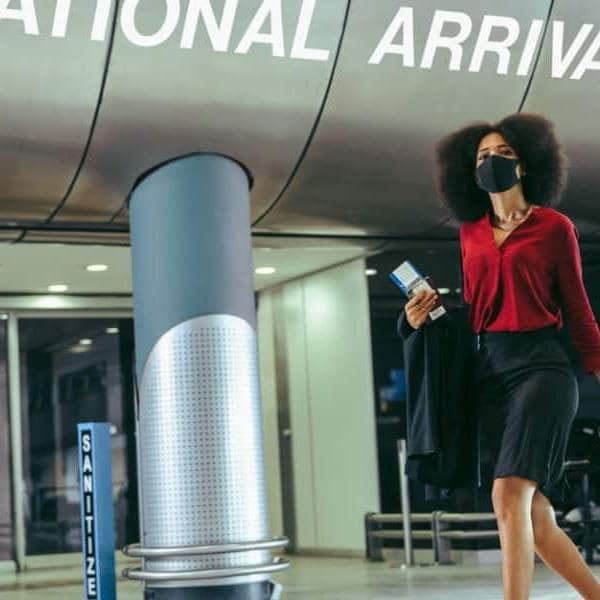Travel and Expense
Quenching Our Post-Pandemic Wanderlust: An SAP Concur Podcast Conversation with Acquis
As employees abandoned airports for spare bedroom workstations during the pandemic, one silver lining was the sheer amount of money that organizations saved by slashing corporate travel activity. Still, for many businesspeople, there’s no substitute for face-to-face interactions. As business travel resumes, how will it look different from the Before Times?
We asked Danny Smout, Principal Solution Consultant with the SAP Concur organization, and Hansini Sharma, Practice Lead for Corporate Travel with Acquis Consulting Group, to discuss how business travel is changing as employees satisfy their post-pandemic wanderlust.
You can listen to this episode on Apple | Amazon | Spotify | Listen Notes | Acast | Google or read the transcript.
To fly or to Zoom, that is the question
After a year and a half of Zoom meetings, businesspeople worldwide are itching to get back on a plane. “[Virtual meetings] have heightened our appreciation for in-person interactions,” Sharma says. As the world reopens, organizations are reassessing their approach to business travel.
“I’m seeing the most personalization of travel I've ever seen,” says Sharma. “People are being offered choices. If they need to travel for work, they're being given the option to make their own business decisions. ‘Do you feel comfortable going? Does it make sense to have this meeting in person?’ That empowers the person who's traveling to feel comfortable and confident. It’s also paving the way for a much broader conversation about how we continue to build managed travel programs.”
In the past, employees may have been pushed to travel when they didn’t always want to, says Sharma. Now, she predicts, “the people who want to stay home aren't going to be asked to travel, which I think is awesome. When you travel to meet a client, it's so much more than the act of getting on the plane. It’s an attitude, and if you don't want to be there, it's very apparent.”
Mixing business and pleasure
Travel managers are also becoming more mindful and strategic about leveraging their partners. Giving employees flexibility within the boundaries of the organization’s travel policies, such as the ability to combine business and leisure, keeps them content and encourages compliance with your managed travel program. After all, Sharma notes, the first step to cost savings is persuading your people to follow the program.
“When you follow the program, your duty of care is comprehensive,” Sharma says. “You're consolidating spend, which enables stronger negotiation tactics and cost savings. [You also] have great data and analytics, and [can] provide comprehensive feedback to your travel manager to continue to iterate on it.”
Flexibility and personalization in travel are nothing new, Sharma points out; what is new is that priorities have shifted. Pre-pandemic, compliance was the priority. Now, what companies value most is duty of care.
“Are employees safe when they travel? What is our role in ensuring their safety and comfort? The way [employers] show they care about you is so important,” says Sharma.
“There’s a general responsibility for everyone to step up and figure out how we can make corporate travel better.”
Ready to reassess your corporate travel program? Learn how SAP Concur solutions can help your organization create a travel program that works for your needs
